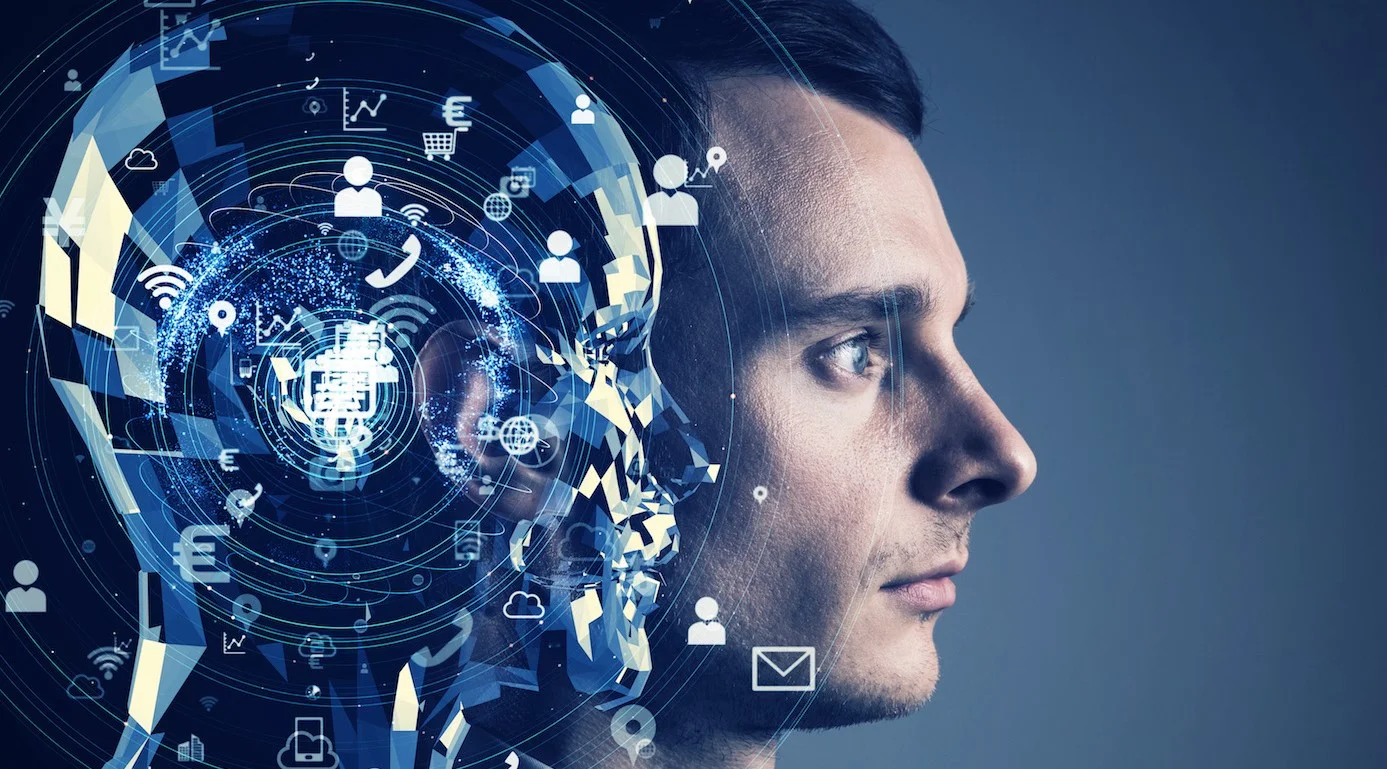Artificial Intelligence (AI) has emerged as a transformative force, reshaping the landscape of various industries and fundamentally altering the way we live and work. This article delves into the intricate relationship between AI and society, exploring its evolution, current applications, challenges, and broader implications for human life.
Understanding Artificial Intelligence
At its core, AI refers to the development of computer systems that can perform tasks requiring human intelligence. Machine learning, a subset of AI, enables systems to learn and improve from experience without explicit programming. Natural Language Processing (NLP) and Computer Vision are other facets contributing to AI’s diverse capabilities.
The Evolution of AI
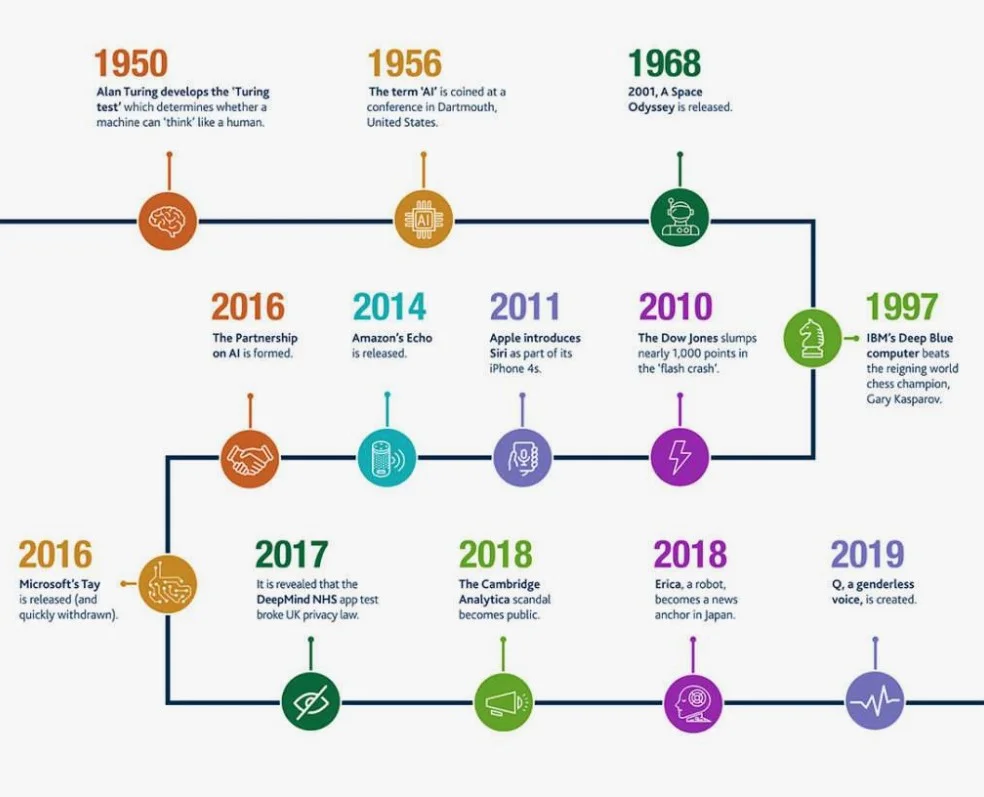
The journey of AI dates back to the mid-20th century, with significant breakthroughs propelling its development. From early symbolic reasoning to the advent of neural networks, AI has evolved into a sophisticated field influencing diverse sectors.
AI Technologies Shaping Society
1. Machine Learning
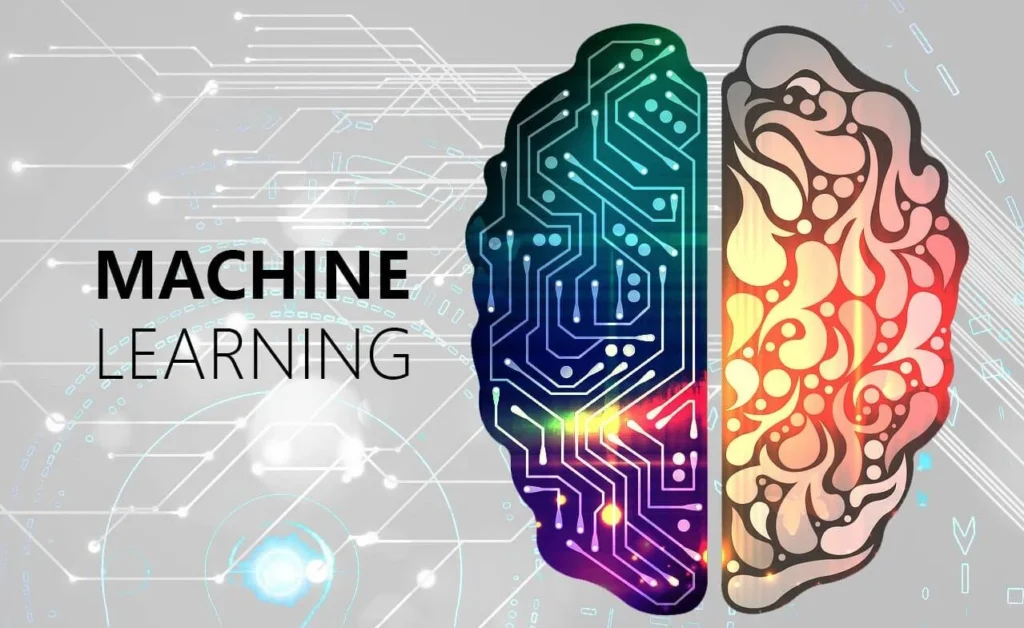
Machine learning algorithms enable computers to analyze vast datasets, identify patterns, and make predictions. From recommendation systems to fraud detection, machine learning plays a pivotal role in enhancing efficiency across industries.
2. Natural Language Processing (NLP)
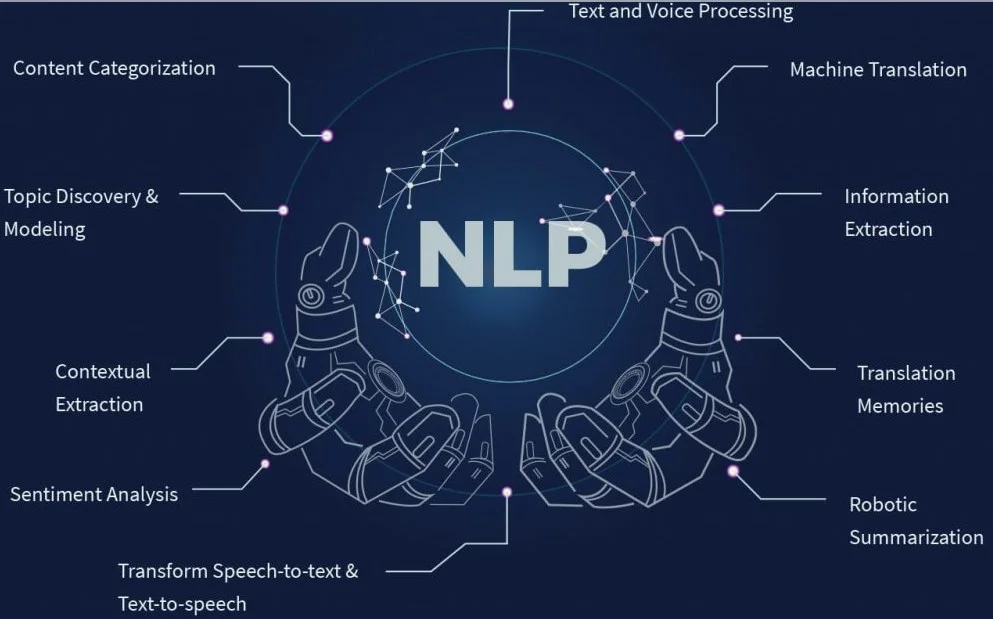
NLP empowers machines to understand and generate human language. Virtual assistants, language translation tools, and chatbots showcase the practical applications of NLP in our daily lives.
3. Computer Vision
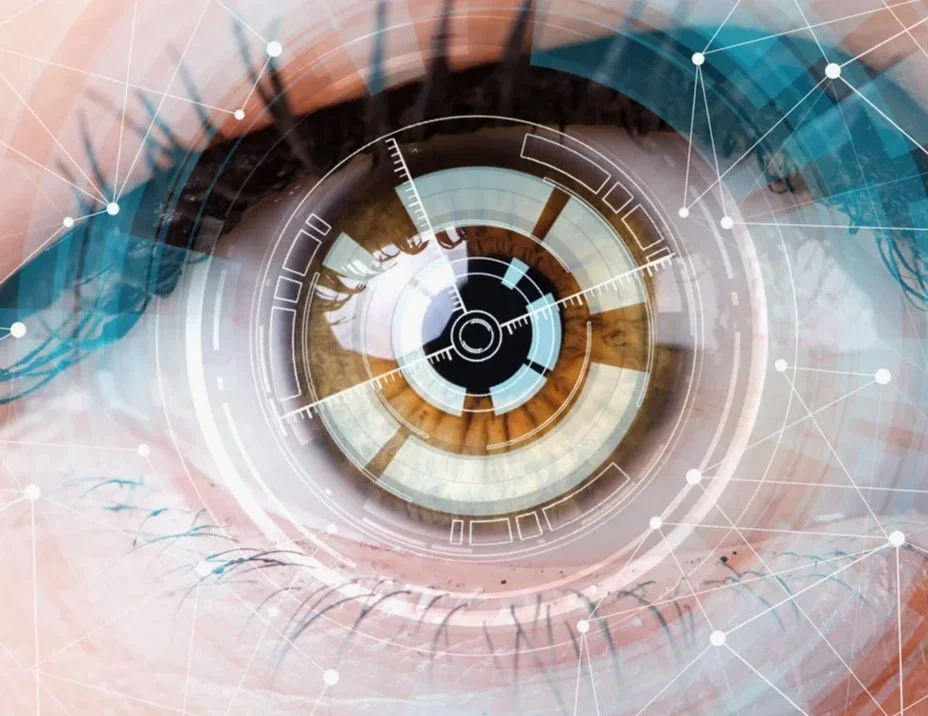
Computer vision allows machines to interpret and make decisions based on visual data. Applications range from facial recognition technology to autonomous vehicles, revolutionizing sectors like security and transportation.
AI in Society: Impact and Applications
AI’s impact on society is pervasive, with its applications touching various facets of our lives.
1. Healthcare
AI is revolutionizing healthcare with predictive analytics, personalized treatment plans, and even diagnostic assistance. From detecting early signs of diseases to drug discovery, AI is at the forefront of medical innovation.
2. Finance
In the financial sector, AI-driven algorithms analyze market trends, manage risk, and optimize investment portfolios. Robo-advisors, powered by AI, offer personalized financial advice to users.
3. Education
AI is transforming education through personalized learning experiences, automated grading systems, and intelligent tutoring systems. Adaptive learning platforms cater to individual student needs, enhancing the overall educational process.
4. Entertainment
Content recommendation algorithms powered by AI enhance user experiences on streaming platforms. Virtual reality (VR) and augmented reality (AR) technologies are also being propelled by AI, creating immersive entertainment experiences.
Challenges and Concerns
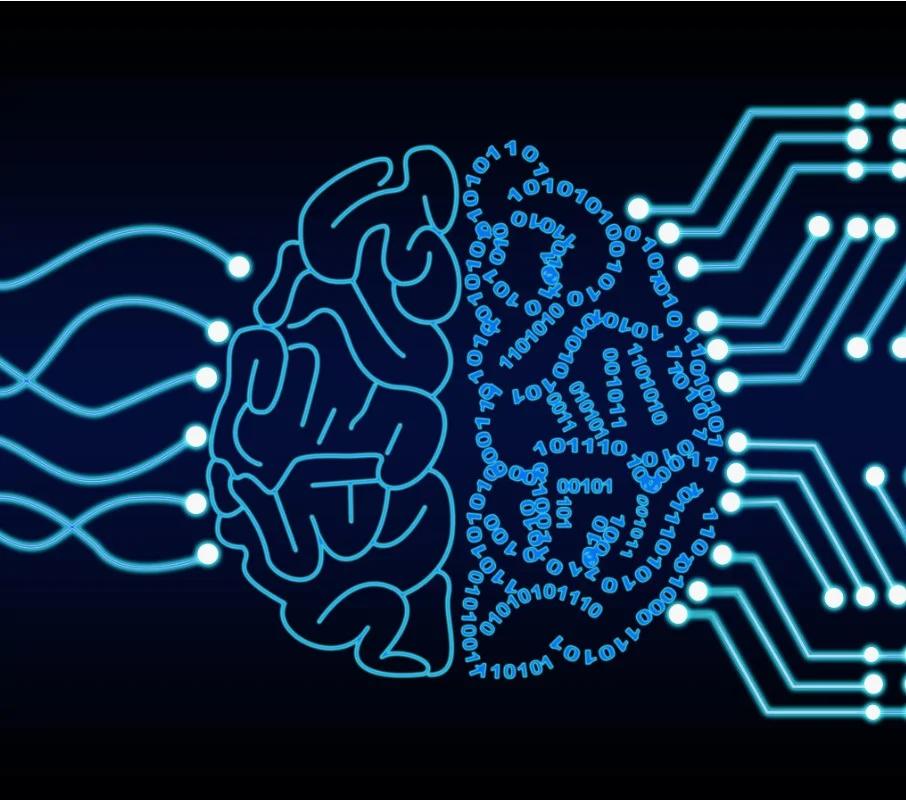
However, the integration of AI into society is not without its challenges and concerns.
1. Ethical Considerations
Issues like bias in AI algorithms raise ethical concerns. Striking a balance between innovation and ethical responsibility is crucial to building trust in AI technologies.
2. Job Displacement
As AI automates certain tasks, concerns about job displacement arise. Reskilling the workforce and fostering collaboration between humans and AI is essential for a smooth transition.
AI and Society: Looking Ahead
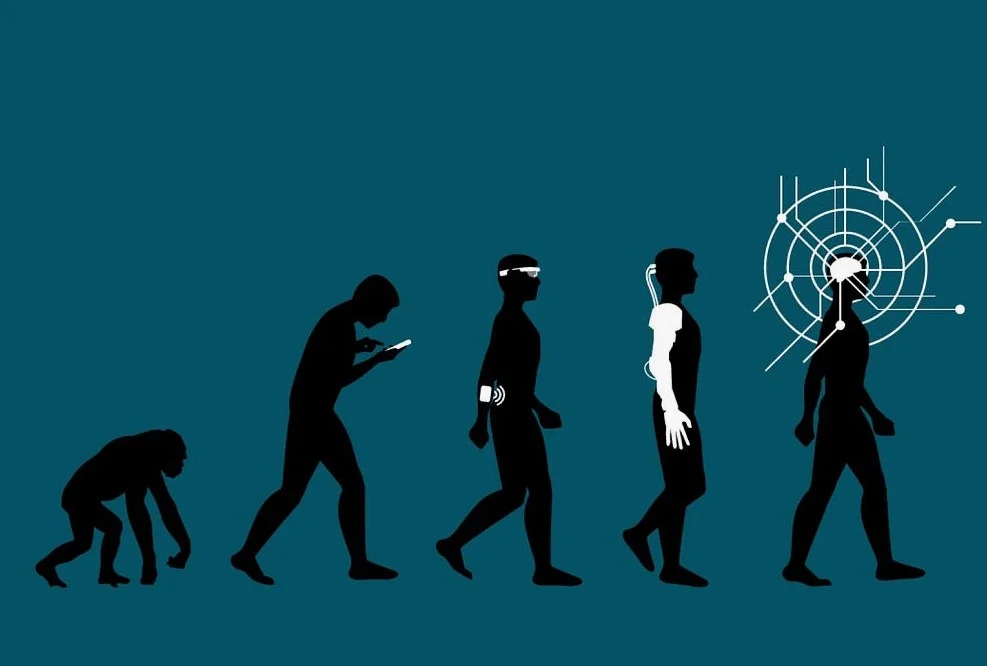
The impact of AI on society is an ever-evolving narrative, and several crucial aspects need careful consideration.
1. Future Trends
Predicting future trends in AI is challenging, but advancements in areas like explainable AI, quantum computing, and AI ethics are likely to shape the AI landscape.
2. AI vs. Human: Striking a Balance
While AI brings undeniable benefits, striking a balance between technological advancement and preserving human values is essential. The collaboration between AI and humans holds the key to a harmonious future.
FAQs
Is AI a threat to job security?
AI may automate certain tasks, but it also creates new job opportunities. A proactive approach to reskilling is crucial.
How can society address ethical concerns related to AI?
Ethical guidelines, transparency, and diverse representation in AI development are essential for addressing ethical concerns.
AI’s Impact on Society: A Symbiotic Future
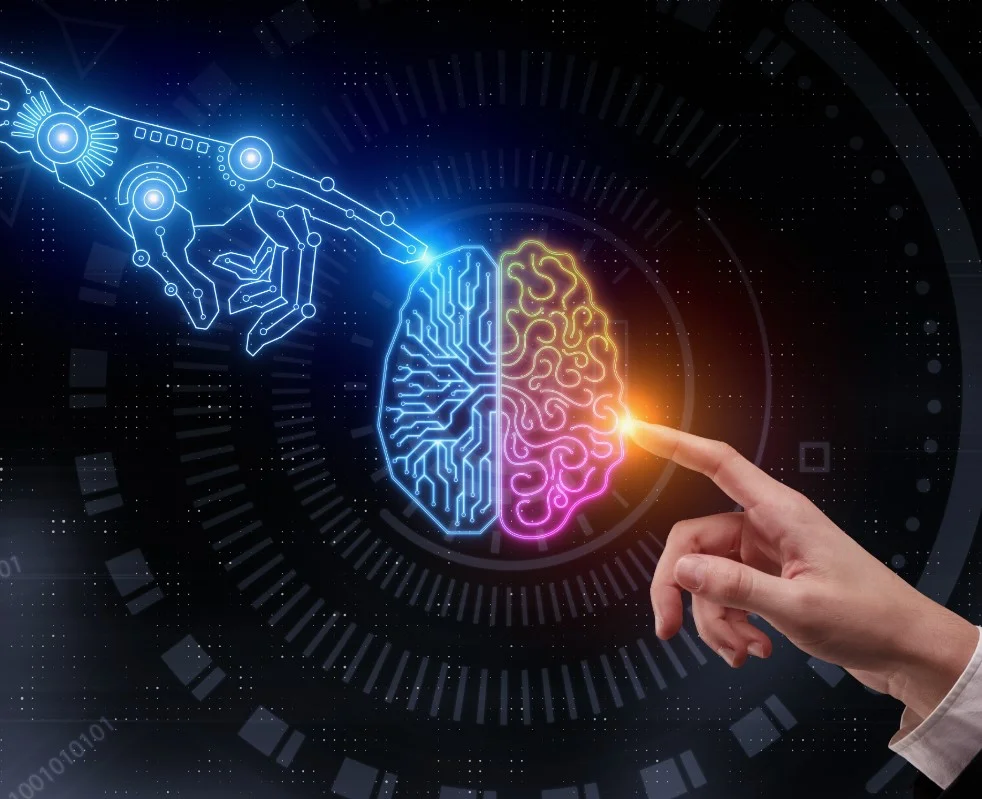
In summary, Artificial Intelligence is not just a technological marvel but a force shaping the future of society. Embracing the symbiotic relationship between AI and humans is pivotal for navigating the evolving landscape. As we continue to witness the profound impact of AI, society stands at the threshold of unprecedented possibilities.
Explore more about the interplay of #ArtificialIntelligence and #Society on Kihikila.in. Uncover insights into cutting-edge technologies and ethical considerations that shape our AI-driven world.



